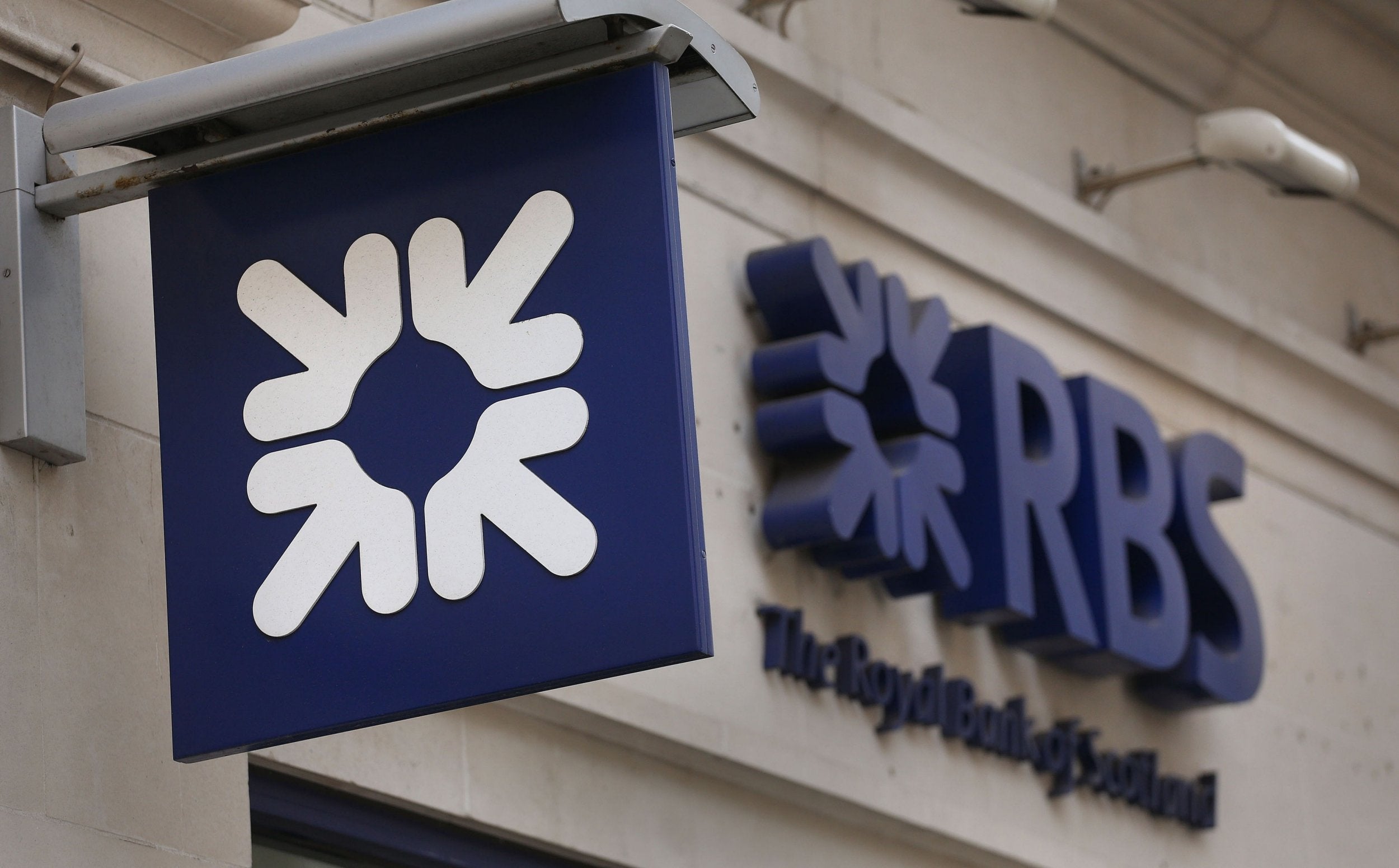RBS issues dire warning over no deal Brexit. Here's the problem
CEO Ross McEwan is right to raise the issue, and the issues he raises are on point. Trouble is, the bank's past conduct means it lacks moral authority

Royal Bank of Scotland weighed in on the Brexit debate this morning with a warning that crashing out of the EU without a deal, as a significant minority of nominally Conservative MPs want, could put £44bn of business per day at risk.
The bank was talking about cross border payments. A crash out will put obstacles in the way of those payments being cleared. That represents a potentially very big problem, particularly if you start thinking through the implications.
It’s yet another complication, yet another wrinkle that no one in Whitehall or Westminster seems to have considered with respect to Brexit, much less paid any real attention to, as the formerly good ship UK ship chugs inexorably towards the iceberg.
RBS also warned that no deal would have a significant impact on the bank, its future earnings, and its structure. That matters because we taxpayers are still the majority shareholders, notwithstanding the Treasury’s aim to get us out as quickly as possible irrespective of the losses it will leave us with. A no-deal Brexit will make those very much bigger.
The bank, for once, reported some rather positive results for 2018. They were notably ahead of analysts’ forecasts on a number of fronts and there was even a special dividend to dine out on. The shares didn’t exactly jump out of bed, but they performed jauntily enough in response.
Trouble is the future could scarcely be more cloudy, and this is a bank that really knows what it’s like to fly through dark skies and turbulence.
CEO Ross McEwan warned that the Bank’s fairly dire predictions of the likely economic fall out from no deal could be underplaying it. He is very probably right about that, because more and more of those wrinkles I mentioned are being made plain every day.
Have you spotted the problem yet? The trouble with such a warning coming from RBS is the lack of moral authority it has to be making it.
This is a bank that has been serving up scandals the way McDonald’s serves up Big Macs. Royal Bank of Scandal would be a better name for an institution that, south of the Hadrian’s Wall, trades as NatWest because the RBS brand has become so toxic.
Every time it seems as if it is on the way to the showers for a refreshing clean up, it takes a wrong turn.
The current bad smell that just won’t go away is that emanating from the Global Restructuring Group. You may recall that the now-closed unit dealt with distressed business borrowers and has been the subject of a number of fairly devastating reports about its conduct.
The latest revelations have hinted at Treasury involvement in some of its very bad decisions. Meanwhile, the Financial Conduct Authority is still in the crosshairs of a small army of critics for its decision not to take action against it.
Business lending was not a regulated activity during the period in question, but then, neither were Libor interest rates and foreign exchange trading when traders were trying to fix them, and the regulator managed to get creative enough to levy heavy fines as a result.
It’s true that we've already had multiple inquiries and commissions into banking. Andrew Tyrie’s Parliamentary Commission into Banking Standards made the industry safer by creating a wall between casino banking and the everyday deposit taking and lending that we all rely on. There is, today, more accountability for top executives than there was in the past. If they make bad decisions that lead to bad outcomes they can expect to feel the regulator’s wrath.
So do we really need another? Perhaps we do.
Business news: In pictures
Show all 13GRG, the aftershocks from the massive HBOS fraud in the Thames Valley that Lloyds is dealing with, Barclays CEO Jes Staley’s attempt to unmask a whistleblower – they've all raised uncomfortable questions about the way banks conduct themselves, and the way they are regulated, 10 years after the financial crisis, and despite everything that followed. They give the impression of unfinished business.
Thing is, an exercise like Australia’s banks have been going through courtesy of a Royal Commission may have to wait in line behind the rather larger inquiry that will surely be coming into Brexit.
RBS might not have much in the way of moral authority to issue warnings about that, but McEwan was still right to raise the concerns he did. But he really needs to get RBS to a place where it can make people listen.
Subscribe to Independent Premium to bookmark this article
Want to bookmark your favourite articles and stories to read or reference later? Start your Independent Premium subscription today.

Join our commenting forum
Join thought-provoking conversations, follow other Independent readers and see their replies